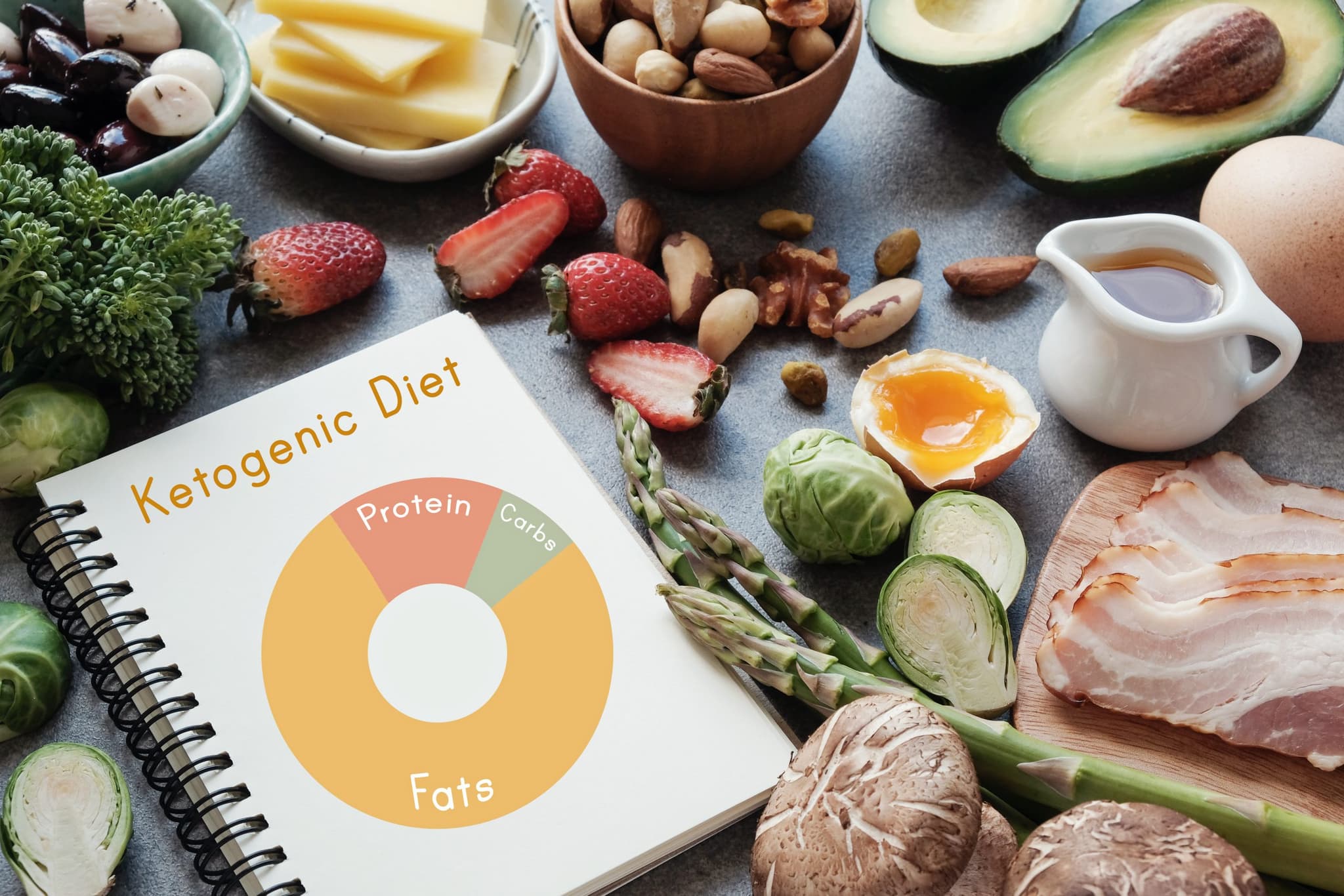
2025-08-12T11:38:49
Health Benefits of Fiber
- Family Medicine
- Gastroenterology
- Internal Medicine
- Weight Management
April 29, 2016 | Weight Management • Wellness Institute

Physical fitness and activity are vital components of a healthy lifestyle. Not only does physical activity contribute to healthy weight, but a whole host of other health benefits including reduced risk for type 2 diabetes, reduced risk of some cancers, improved muscle and bone strength, improved mental health and mood, improved ability to complete daily activities and fall prevention for older adults and increased chance of longer life, according to the Centers for Disease Control and Prevention (CDC).
The CDC has also created guidelines for physical activity
2 hours and 30 minutes (150 minutes) of moderate-intensity aerobic activity (i.e., brisk walking) every week.
Muscle-strengthening activities on 2 or more days a week that work all major muscle groups (legs, hips, back, abdomen, chest, shoulders, and arms).
1 hour and 15 minutes (75 minutes) of vigorous-intensity aerobic activity (i.e., jogging or running) every week.
Muscle-strengthening activities on 2 or more days a week that work all major muscle groups (legs, hips, back, abdomen, chest, shoulders, and arms).
An equivalent mix of moderate- and vigorous-intensity aerobic activity.
Muscle-strengthening activities on 2 or more days a week that work all major muscle groups (legs, hips, back, abdomen, chest, shoulders, and arms).
For some people, these recommendations may seem overwhelming. Perhaps this is because many people associate physical activity with only one or two specific types of exercise like running or lifting weights, or feel physical activity must take place at a gym facility. While these are great forms and places for exercise, we are not limited to those things! The type of physical exercise you do is completely up to you, and should be something that you enjoy doing.
Walking is a form of physical exercise that may be underestimated, but can be done by most and is still very beneficial to the body. A study on Nordic Walking, or walking with poles, showed that participants who adopted Nordic walking three times a week demonstrated a decrease in Body Mass Index (BMI), cholesterol, and waist circumference. The study concluded that Nordic walking exerts beneficial effects on resting heart rate, blood pressure, exercise capacity, maximal oxygen consumption, and quality of life in patients with various diseases, and ultimately recommends Nordic walking to a wide range of people for regular physical exercise. Other everyday physical activity like gardening and lifting are helping you to work your muscles and increase your heart rate.
Find an exercise that you love and are excited to do over and over again. Be open to trying new forms of physical exercise, and work towards meeting the CDC recommendations for physical activity. Meeting with your primary care physician at Revere Health can be a great place to start making goals towards a healthier lifestyle that includes daily physical activity. Visit us at the Weight Loss and Nutrition Center to learn about healthy and long lasting weight loss.
WRITTEN BY:
The Live Better Team

2025-08-12T11:38:49

2024-11-11T15:27:56

2024-03-22T08:45:28

2022-12-20T17:04:49
This information is not intended to replace the advice of a medical professional. You should always consult your doctor before making decisions about your health.